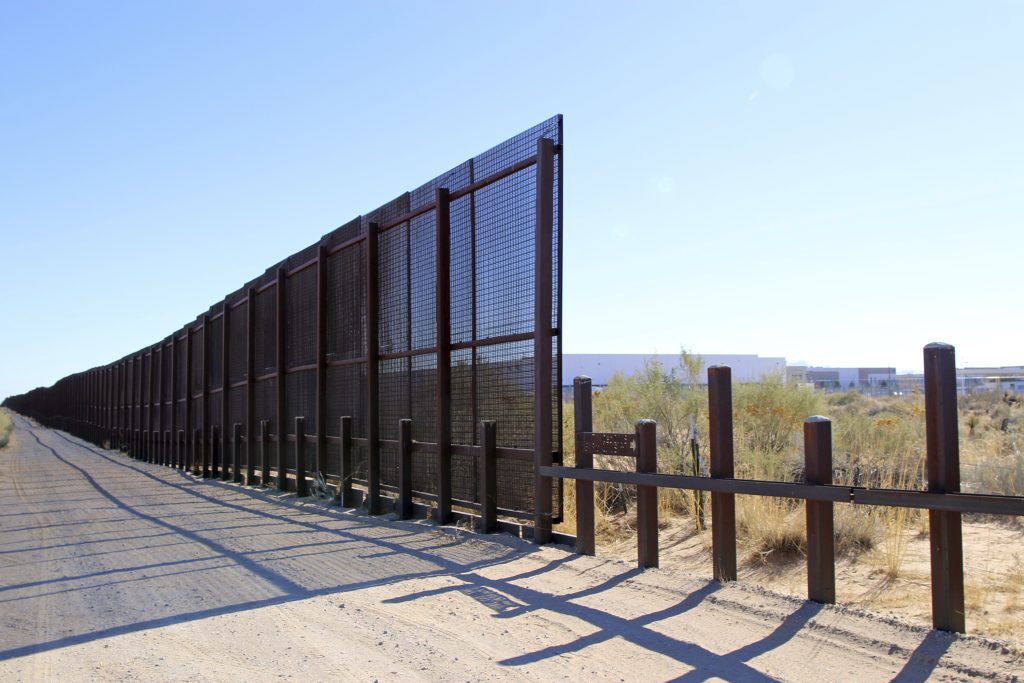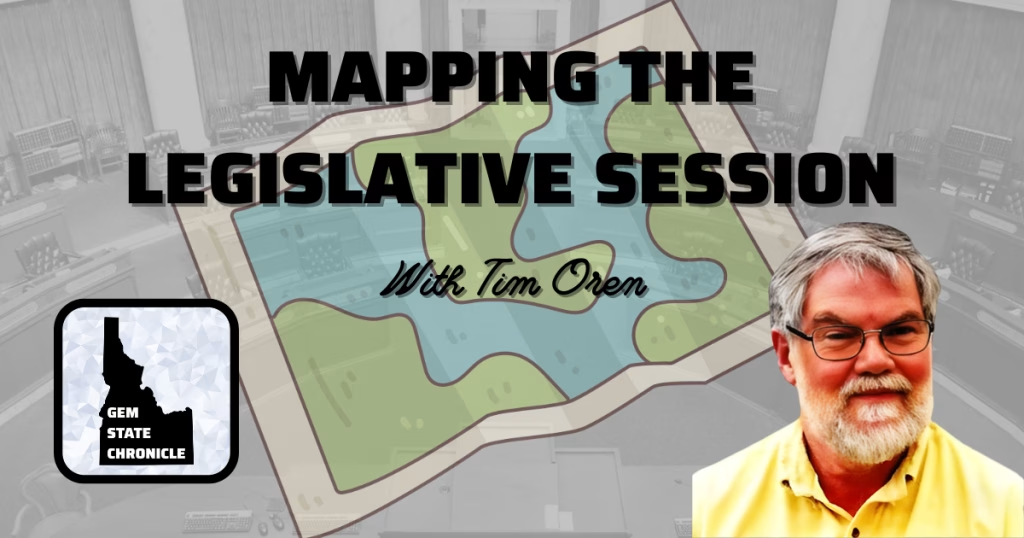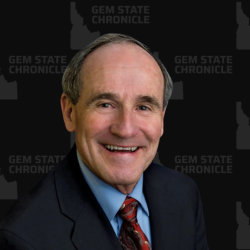Last week, my friend Parrish Miller published an essay explaining why he believes there can be no acceptable limits to freedom of speech. Read the whole thing if you haven’t already, it lays out a cogent argument against any restrictions.
Miller takes the position that there should be no government restrictions on speech. While many conservatives would agree in principle, consider the following:
- South Dakota Governor Kristi Noem proudly signed a law last month defining antisemitism as anything from saying that Jewish people are over-represented in positions of power to de-legitimatizing the nation of Israel.
- Governor Brad Little today issued a statement condemning an alleged incident in which members of a Utah college basketball team were subjected to racial slurs on the streets of Coeur d’Alene.
- Many on the right complain about cancel culture, but support censoring voices such as Alex Jones and Nick Fuentes.
Obviously I am not defending antisemitism, racism, or whatever Jones or Fuentes might have said at any given time. The point is that many conservatives have a line with regards to what speech they believe should be allowed in our society. Your line might be different than my line, but nearly all of us have one. The absolute position that Miller espouses is quite rare in reality.

The question arose recently when the Senate debated a bill to ban advertising for illegal products or services. I’m sure many in the Treasure Valley have seen those billboards advertising Oregon marijuana shops. Well, this bill would have made that illegal. The question is, does government have a right to ban such commercial speech?
Parrish Miller says absolutely not.
I say… maybe? It depends. There has to be a line somewhere, right?
The state of Idaho bans drugs, abortion, and gambling. Should it be legal for an out-of-state company to advertise those things within our state?
What about things that are less controversial? Should a hitman be allowed to advertise his services on an Idaho billboard? What about a group dedicated to overthrowing the government? What about doxing the names, addresses, and phone numbers of political opponents, with an implicit or explicit call for violence?
I’m just wondering where we as a society draw the line. The left is going all-in on censorship, redefining anything they don’t like as hate speech that must be shut down. The Biden Administration just argued in the Supreme Court last week that it should have the right to order, or at least cajole, social media platforms into censoring ideas it disagrees with. Justice Ketanji Brown Jackson admitting during argument that she was “concerned” that the 1st Amendment stood in the way of the government’s ability to control discourse.
Is the answer to the leftist assault on free speech to take the universalist position? Or can we find a reasonable place where certain things are considered outside the bounds of our society? Should pornography remain legal, simply because our Founding Fathers were concerned with the government shutting down political speech?
Did you know that many states had laws against blasphemy, some of which remained on the books well into the late 20th century? Most of our founders saw no contradiction between outlawing blasphemy and the 1st Amendment.
During World War I, the government prosecuted a man for distributing fliers urging defiance of the draft. He appealed all the way to the Supreme Court, which ruled unanimously in 1919 that the government had the right to punish him for attempting to impede the nation’s ability to conduct the war. Chief Justice Oliver Wendell Holmes Jr. wrote that the man’s words might have been protected under other circumstances, but wartime was a special case in that they created a clear and present danger to the country.
A 1969 ruling modified that doctrine when the Court overturned the conviction of a member of the Ku Klux Klan for saying awful things about Jews and blacks at a rally in Ohio. The Court held that speech could only be prosecuted if it advocated for imminent lawless action, a much narrower view.
In 2016, a man named Douglass Mackey pseudonymously posted a meme on Twitter in which he told Democratic voters to vote via text message. This obvious joke, which appears on social media every four years, gave the Biden Administration the pretense to charge Mackey under a law passed in 1870 to protect black voters in the South from the KKK. They asked for a sentence of ten years; the judge put him away for seven months.
All that is to say that we don’t functionally have protection for free speech in America, and perhaps we never really did. Freedom of speech is an platonic ideal, something that exists in a perfect world but not in our fallen one.
In that context, perhaps passing a law to prevent companies from advertising drugs and abortion in Idaho is acceptable. What do you think?
Paid subscribers head over to Substack for a special note. Not subscribed? Click here to do that today!
About Brian Almon
Brian Almon is the Editor of the Gem State Chronicle. He also serves as Chairman of the District 14 Republican Party and is a trustee of the Eagle Public Library Board. He lives with his wife and five children in Eagle.













